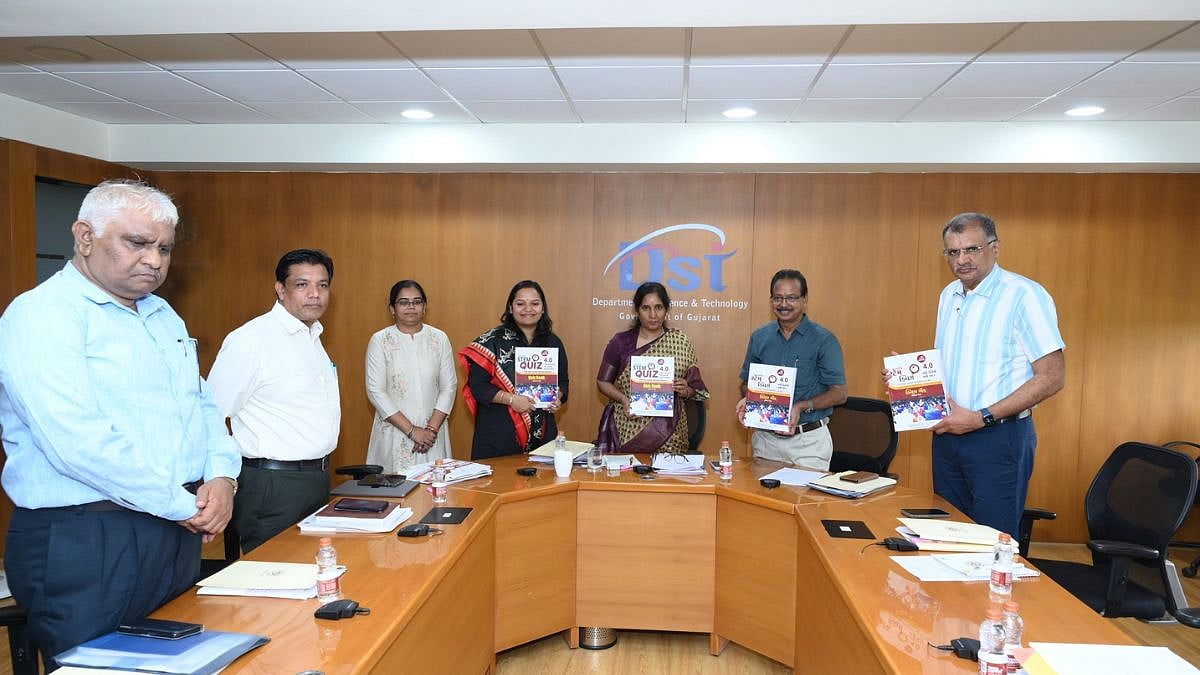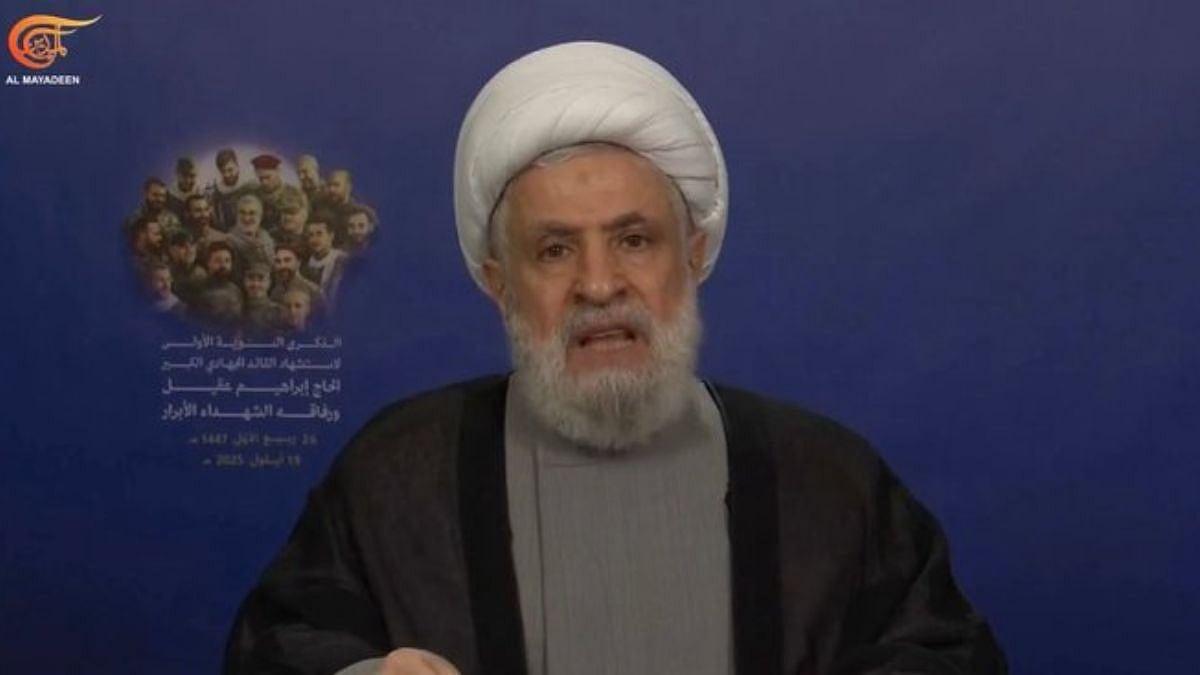London: Healthy young adults who have previously contracted Covid-19 will be recruited to take part in a new human challenge trial to study how the body's immune system reacts to the deadly coronavirus, for a better understanding to protect against the virus and for facilitating more accurate tests.
The Oxford University led human challenge trial will look at what kind of immune response can stop people from becoming re-infected and also how the immune system reacts second time round.
People aged between 18 and 30 who have previously been naturally infected will be recruited and re-exposed to the virus in a safe, controlled environment and paid around 5,000 pounds to be quarantined for 17 days at a hospital.
"Challenge studies tell us things that other studies cannot because, unlike natural infection, they are tightly controlled. When we re-infect these participants, we will know exactly how their immune system has reacted to the first Covid infection, exactly when the second infection occurs, and exactly how much virus they got," said Helen McShane, Professor of Vaccinology at the Department of Paediatrics, University of Oxford and Chief Investigator on the study.
The study will take place in two phases with different participants in each phase.
The virus used in the study will be the original strain from Wuhan, China.

The participants will be quarantined in a specially designed hospital suite for a minimum of 17 days under the care of the research team.
They will undergo numerous medical tests including CT scans of the lungs and MRI scans of the heart.
The risks to participants will be minimised by making sure that those who take part are completely fit and well and have completely recovered from their first infection with Covid, the researchers said. Any participants, recruited on a voluntary basis, who develop any symptoms will be given medical treatment with the Regeneron monoclonal antibody treatment.
They will only be discharged from the quarantine unit when they are no longer infected and not at risk of infecting others. The full length of the study will be 12 months, including a minimum of eight follow-up appointments after discharge.











